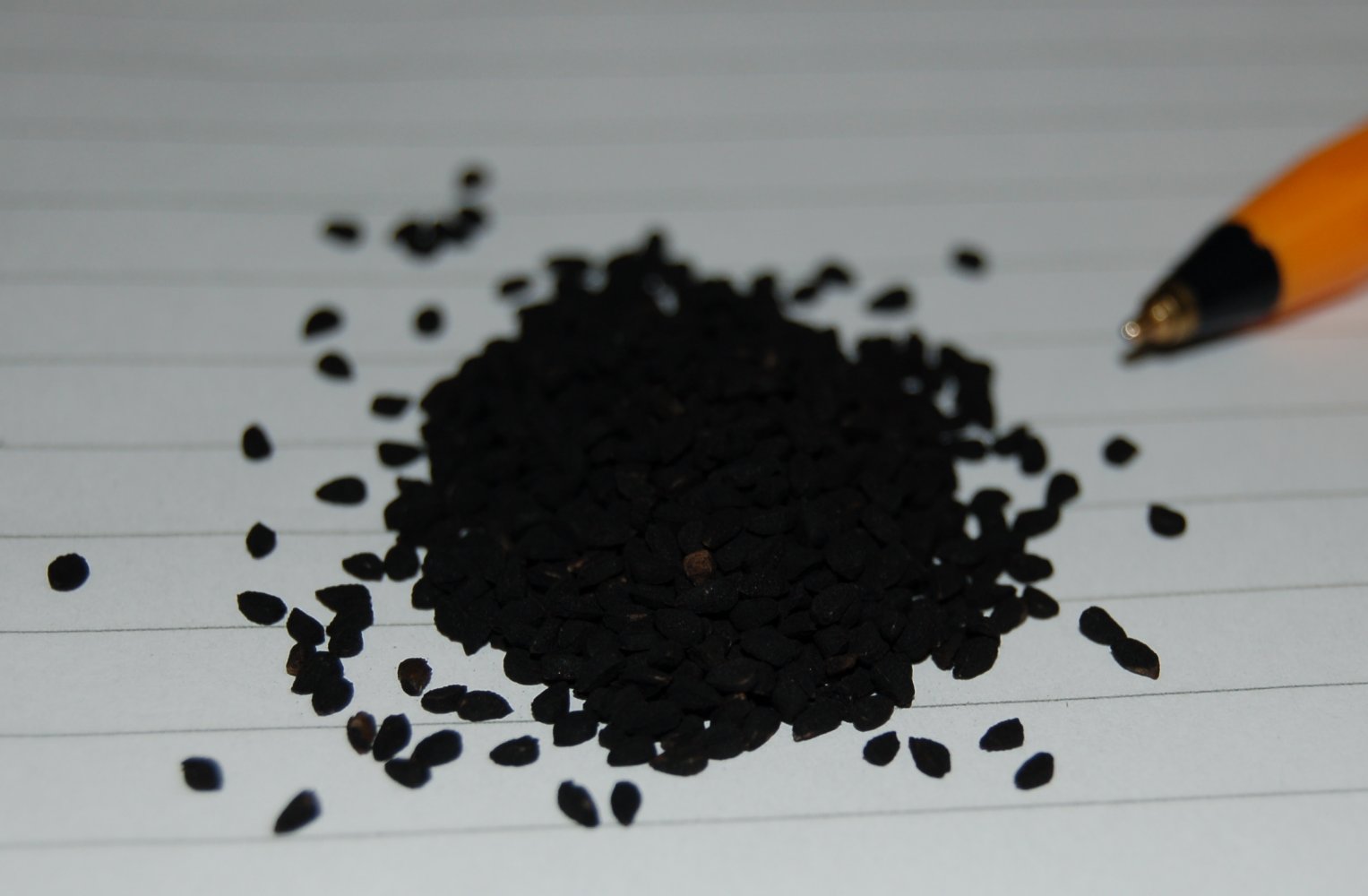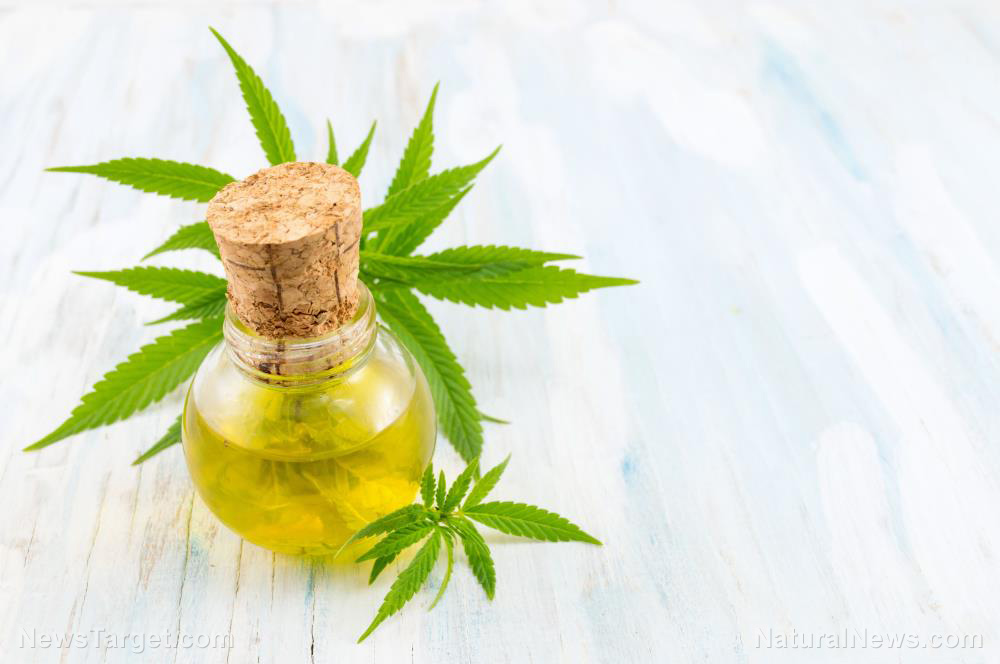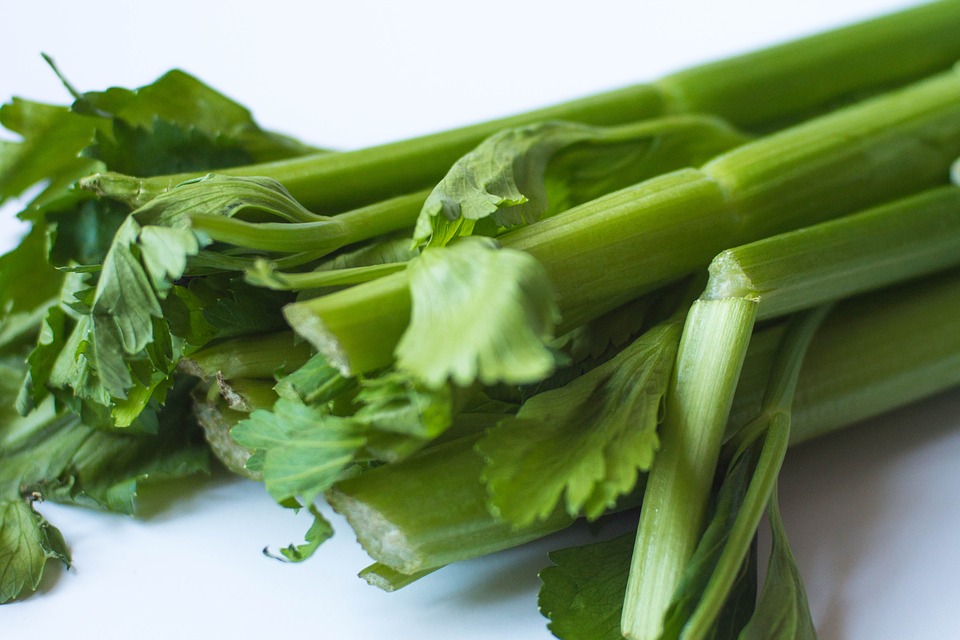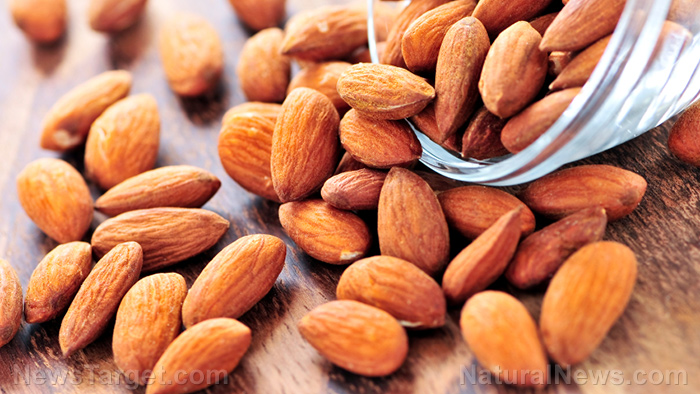Fennel flower found to effectively treat several diseases and conditions, including cancer
03/25/2018 / By Michelle Simmons

Fennel flower, a food additive used since the ancient times, is effective in treating and preventing cancer, according to a review published in the Journal of Ayurveda and Integrative Medicine.
The fennel plant, also known as Nigella sativa, is an annual flowering plant that is native to South and Southwest Asia, but it also commonly found in Northern Africa, the Middle East, and Southern Europe as well.
The food additive goes by a variety of names: nigella, black seed, black cumin, black caraway, Roman coriander, and nutmeg flower, and it has been used in different traditional systems of medicine (e.g., Ayurveda, Siddha, Unani, Arabic, and Islamic). In these systems, fennel flower extracts are known to aid in the prevention and treatment of different infectious and non-infectious diseases. (Related: Nigella sativa is cancer’s worst nightmare)
Researchers from the American University of Sharjah in the United Arab Emirates conducted a review of studies that examined the anti-cancer properties of fennel flower. In conducting the review, the team highlighted the molecular and cellular mechanisms that intervened in the antiproliferative, proapoptotic, and antioxidant effects of fennel flower. Moreover, they also investigated the recent findings that established the effective therapeutic potential of fennel flower extracts, which indicated a potential for suppressing tumor initiation and progression.
The anti-cancer properties of fennel flower, according to the researchers, were mainly associated with its capacity to provide strong antiproliferative, proapoptotic, antioxidant, antimutagenic, and antimetastatic roles. In addition, its protective effects against tumor growth and advancement were credited to its capability to stop inflammation and provide immune-boosting effects.
In addition, the potential of the fennel flower to curb the formation of tumors and cancer was due to the enhancement of natural killer cytotoxic activity against cancer cells and regulation of signaling pathways, which included inducible nitric oxide synthase (iNOS) pathway, p53, and caspases.
Moreover, the outcomes of in vitro and in vivo experiments indicated that the extracts of fennel flower can potentially be used in developing effective anti-cancer therapeutic agents, in terms of controlling different stages of tumor growth and treatment of many types of cancer. However, the review also suggested that more studies are needed in order to better understand the molecular and cellular mechanisms underlying the anti-cancer properties of fennel flower.
“Future studies should focus on establishing a direct link between the reported anti-cancer effects of N. sativa extracts and cancer prevention/treatment in preclinical and clinical settings,” the researchers wrote in the report.
In conclusion, the experimental studies conducted in the past 20 years suggested that fennel flower extracts could be used as effective agents in controlling tumor initiation, growth, and metastasis in cancer treatments.
Health benefits of fennel flower
Fennel flower is called “kalonji” in India, where it is mainly used to add flavor to curries, stir-fried vegetables, and samosa. The tiny black seeds of the plant come with many health benefits, as it is packed with vitamins, amino acids, saponin, crude fiber, proteins and fatty acids like linolenic and oleic acids, volatile oils, alkaloids, iron, sodium, potassium, and calcium. Some of the health benefits that kalonji provides include:
- Skin health – Mixing fennel flower oil with lime juice can help treat skin problems like acne. Adding half a teaspoon of its oil to a cup of lime juice, then applying it to your face will remove blemishes as well.
- Diabetes control – Adding half a teaspoon of the oil in a cup of black tea every morning can help diabetic people manage their condition.
- Asthma relief – Combining grounded nigella seeds with warm water, and then drinking the mixture for at least 45 days will help relieve breathing difficulties, such as asthma, both in adults and children.
To read more news stories and studies on natural cures, visit Herbs.news.
Sources include:
Tagged Under: black caraway, black cumin, black seed, cancer treatments, fennel flower, food additive, food science, Herbs, medicinal herbs, Nigella, nigella sativa, nutmeg flower, prevention, Roman coriander, tumor



















